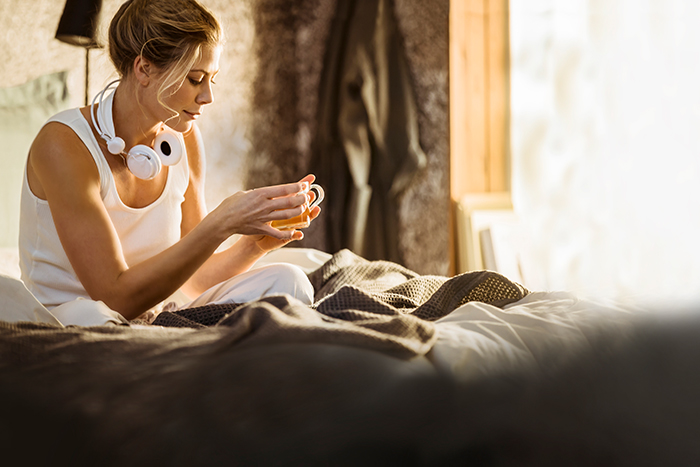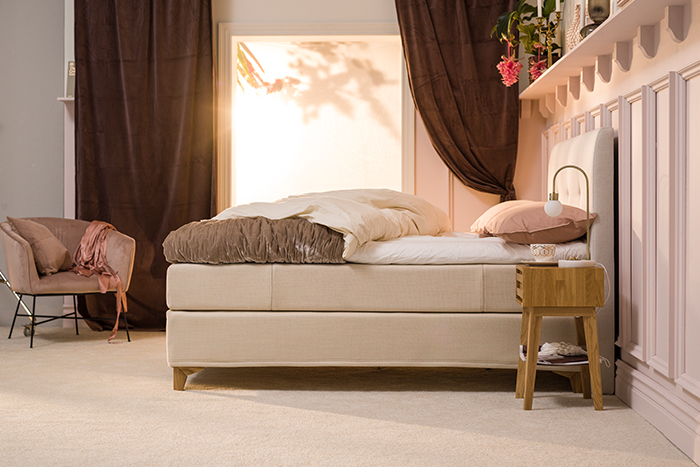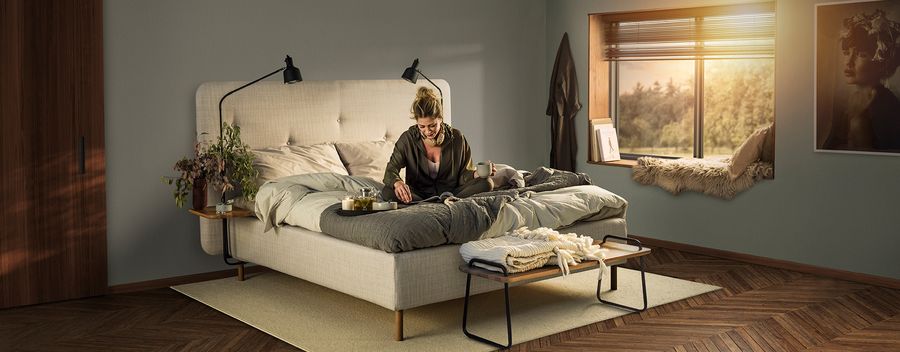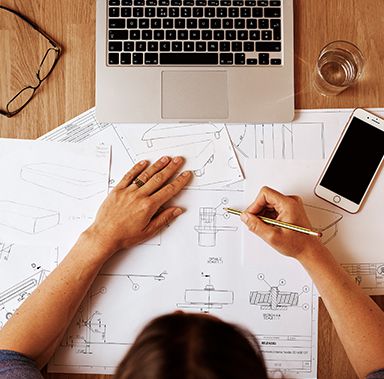Autumn is coming - this affects your biological clock
We have had a long summer this year, but now autumn is upon us. The days are getting shorter, the evenings are getting darker and the temperature is dropping. These are all things that can affect your health and the quality of your sleep.
Some people get sleeping problems and their sleep-wake cycle is disturbed because of the autumn and the drop in the number of hours of daylight. This can lead to them feeling tired and having less energy. Some will even find it more of a challenge to get up in the morning.

The changes we experience as a result of the drop in the number of hours of daylight affect our biological clock, also known as our circadian rhythm. The circadian rhythm regulates our wakefulness, fatigue, digestion, blood pressure, body temperature and hormones. Having fewer hours of light in the morning, for example, affects our 24-hour cycle, which in turn affects our sleep-wake cycle, which is synchronised by the sun and daylight every day.
Jensen's autumn tips for you:
· Make sure you have good sleep routines. For example, go to bed at the same time throughout the week and also get up at the same time every day.
· Get as much exposure to sunlight as possible throughout the day.
· Some people benefit from an alarm clock with a wake-up light.
· Engage in outdoor physical activities when it is light.
· Watch how much coffee and nicotine you consume in the afternoon and evening.
· Avoid power naps after 4 p.m. as these make it more difficult to fall asleep at night.
Get back to a normal sleep routine when the summer break is over
And last but not least, get a good, comfortable bed. At Jensen we develop beds with optimal sleep quality and sleep comfort in mind. The right bed for you, which ensures you fall asleep more easily and are less restless at night, so that you wake up feeling more rested.



